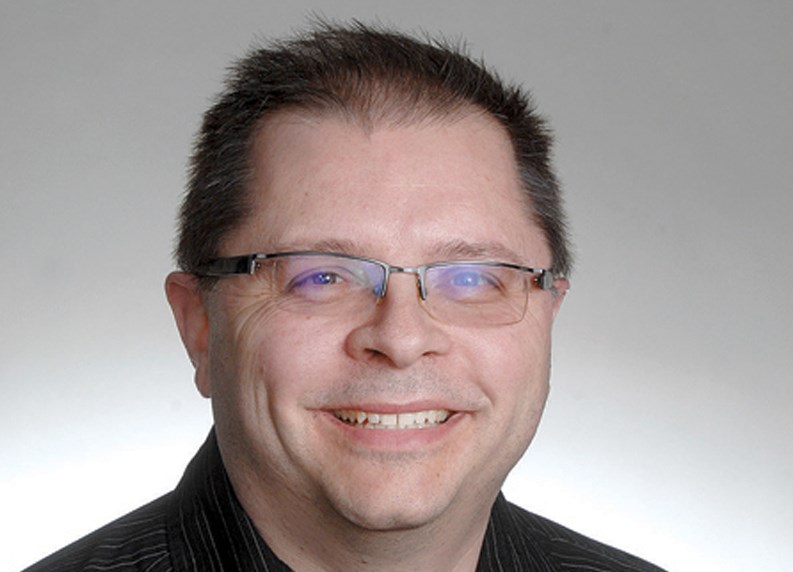Happy birthday, Prince George.
Now step aside.
Remember Simon Gibson, the Abbotsford city councillor and now Liberal MLA for Abbotsford-Mission? He fired off an email to members of Prince George city council in 2012, urging them to change the city's name because it sounds "musty, old-fashioned and lifeless."
He was right.
The best birthday present this city could give itself (other than some much needed tax relief, see Thursday's editorial) would be to ditch the royal name that ties this city to a monarchist and colonial past that doesn't exist and never did. Prince George, the fourth son of King George V, didn't visit this city before he died in 1942. Prince George is itself a changed name, since this community was originally called Fort George by the European settlers who came here.
The proper name for this city, which suits both its past, its present and its future, is Lheidli T'enneh, which translates in the Carrier language as "the people of the confluence."
Such a change would require the blessing of the Lheidli T'enneh First Nation, its chief, council and elders, for the municipal government entity, the City of Prince George, to refer to itself as the City of Lheidli T'enneh.
Hopefully that blessing would be given because, as this city moves into its second century, we are all, aboriginal ancestry or not, the people of the confluence of the Nechako and Fraser Rivers.
All formal public gatherings for the past five years have started with an acknowledgement that the event is taking place on the traditional territory of the Lheidli T'enneh. That acknowledgement would be redundant if the name of the city was Lheidli T'enneh.
There are several recent Canadian precedents. In the Okanagan, the unincorporated communities of Winfield, Oyama and Okanagan Centre are now the district municipality of Lake Country (now there's a lifeless name). The Queen Charlotte Islands are now Haida Gwaii and Frobisher Bay in the Eastern Arctic now goes by Iqaluit. Folks quickly master both the spelling and the pronunciation.
A good example can be found with our neighbour to the northwest. The state of Alaska has not recognized Mount McKinley as the name of the highest peak in North America for years. President William McKinley was assassinated in 1901 and the mountain was given his name, even though he never saw the mountain or set foot in Alaska. The state and its residents call the mountain Denali, meaning "the high one."
The city name change would do much to rectify a historic wrong, where the aboriginal inhabitants of Fort George were forced against their will to relocate to what is now Shelley. There's political correctness and there's doing what's right and what makes sense. The name change is certainly the latter but there are also tangible benefits to be had.
On the tourism front, Europeans are powerfully attracted to Canada's First Nations story and a city with such a unique aboriginal name would attract visitors.
Not only would this community be properly recognizing its aboriginal roots, it would be making it part of the city's present and future, as well. The success of the Lheidli T'enneh as the Host First Nation for the 2015 Canada Winter Games clearly demonstrates the shared passion for this city.
Along with the approval of the Lheidli T'enneh people, it would be fitting if the city's name would be changed with the blessing of the monarchy and, particularly, the young prince of Cambridge who currently holds the same name. A symbolic and powerful connection could be forged with the future king should he come to this city as a young boy with his parents to take part in the renaming ceremony.
Let's be "the people of the confluence" together.
Let's be the city of Lheidli T'enneh.



